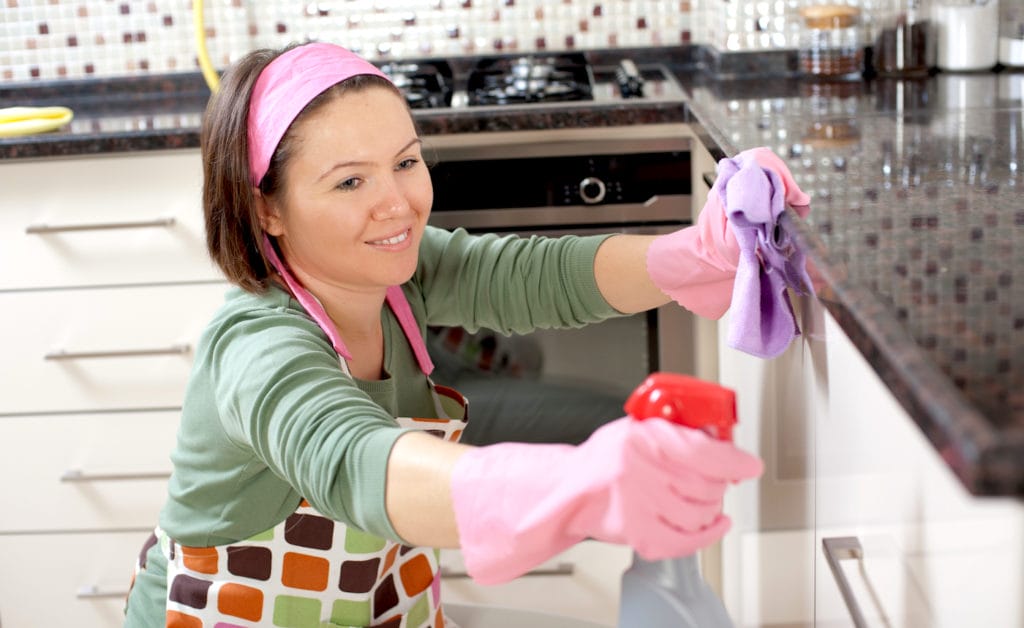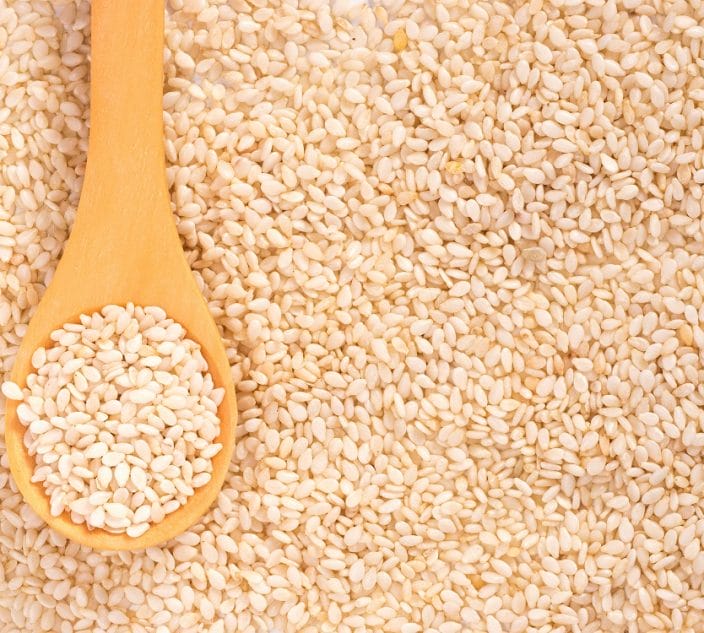
Most parents want a clean, germ-free home for their kids, but a study shows that early exposure to popular household cleaning sprays and products can lead to the development of childhood asthma.
Using data from the Canadian Healthy Infant Longitudinal Development (CHILD) birth cohort study, the research tracked more than 2,000 children across Canada from the time they were 3-4 months old until they were 3.
The researchers found that infants living in homes with heavier use of cleaning sprays were more likely to experience recurrent wheeze and develop asthma by age 3. Children whose families used fewer cleaning products experienced lower rates of wheeze and considerably fewer asthma diagnoses.
The study, published in 2020, looked at 26 types of cleaning sprays and products, the most common of which were dish soap, dishwasher detergent, multi-surface cleaners, glass cleaners and laundry soap. The cleaning products most closely associated with asthma included oven cleaners, air fresheners and aerosol or spray products. Of particular concern were scented products.
According to Dr. Tim Takaro, who co-authored the study, the cleaners don’t trigger allergic asthma as allergens like dust or pollen might. Rather, they appear to cause reactions in the lining of the airways that in turn trigger an innate inflammatory response — and can even remodel the lung tissue over time.
“That’s triggering the immune system to do all the things it’s supposed to do when fighting bacteria. But in this case, it’s a mistake. It shouldn’t be doing that,” says Takaro, a health sciences professor at Simon Fraser University in Vancouver.
Cleaning Sprays and Their Role in Allergies
What’s more, he adds, there is evidence that cleaning sprays and products could be playing a role in reshaping our gut bacteria, or microbiome, which is increasingly being linked with the development of allergies.
The asthma the cleaning products trigger is thought to be neutrophilic — that’s the kind that isn’t caused by an IgE-mediated allergic response — and the kids who were exposed to more cleaning products didn’t have more allergies by age 3. Still, Takaro believes there could be an allergy link.
“There is a real possibility that by inflaming the airway with cleaning products, you will set up a child for being susceptible to allergens, more than they might otherwise be. We see this with diesel exhaust and allergens,” says Takaro, pointing to University of British Columbia research that shows the effects of joint exposure to diesel fumes and allergens is greater than exposure to either substance alone. “So we think that’s a risk.”
Because young children’s breathing rates are much higher than those in adults, and because they are constantly in touch with surfaces such as counters and floors, the researchers also believe kids take in heftier quantities of the harmful cleaning compounds.
There has been extensive research linking cleaning chemicals with asthma in adults, but the study, published in February 2020 in the Canadian Medical Association Journal, is the first to show the potential effects of cleaning sprays and products on infants and young kids.
What to Do About Cleaning?
Unfortunately for consumers, identifying which cleaning sprays and products are safe and which ones are not can be a tricky business, especially since manufacturers in the United States and Canada are not required to disclose ingredients. Takaro would like to see stricter limits.
“In Europe, the REACH program forces manufacturers to prove their products are safe before they’re marketed. And that makes the companies think twice about the use of these products,” says Takaro.
“We should not be the experimental testing ground for people who want to make money on consumer products. They should be required to prove they’re safe before they market them.”
For the most part, chemical cleaning sprays and products are not necessary in the home, says Takaro, and their potential downsides far outweigh their benefits. Instead, parents should opt for natural cleaners such as baking soda, vinegar and basic soaps — and make sure they’re unscented.
“There’s this notion that there has to be a smell in order for things to be clean, but it’s actually just the opposite,” says Takaro.
Because of the mounting evidence against household cleaners, the American Lung Association recommends only using cleaning sprays and products that “do not contain or have reduced amounts of VOCs, fragrances, irritants and flammable ingredients,” and says air fresheners should be avoided altogether.
“We’re not saying don’t clean your home. We’re saying when you do, keep in mind that some of these cleaning products, and particularly those with volatile organic compounds, fragrances and other respiratory irritants, can be harmful to the developing child. And do what you can to reduce those exposures,” says Takaro, who emphasizes that parents shouldn’t feel guilty if they’ve used those products in the past.
“Better to focus on how easy it would be to change, and how it would probably save you money as well — and perhaps enable a really nice microbial ecology to coexist with you in your home.”
Related Reading:
15 Easy Jobs for Better Breathing with Asthma and Allergies
Safe Way to Clean Your House with Allergies, Asthma
Microbiome: Why Good Gut Bacteria is the Big Hope For Allergies





